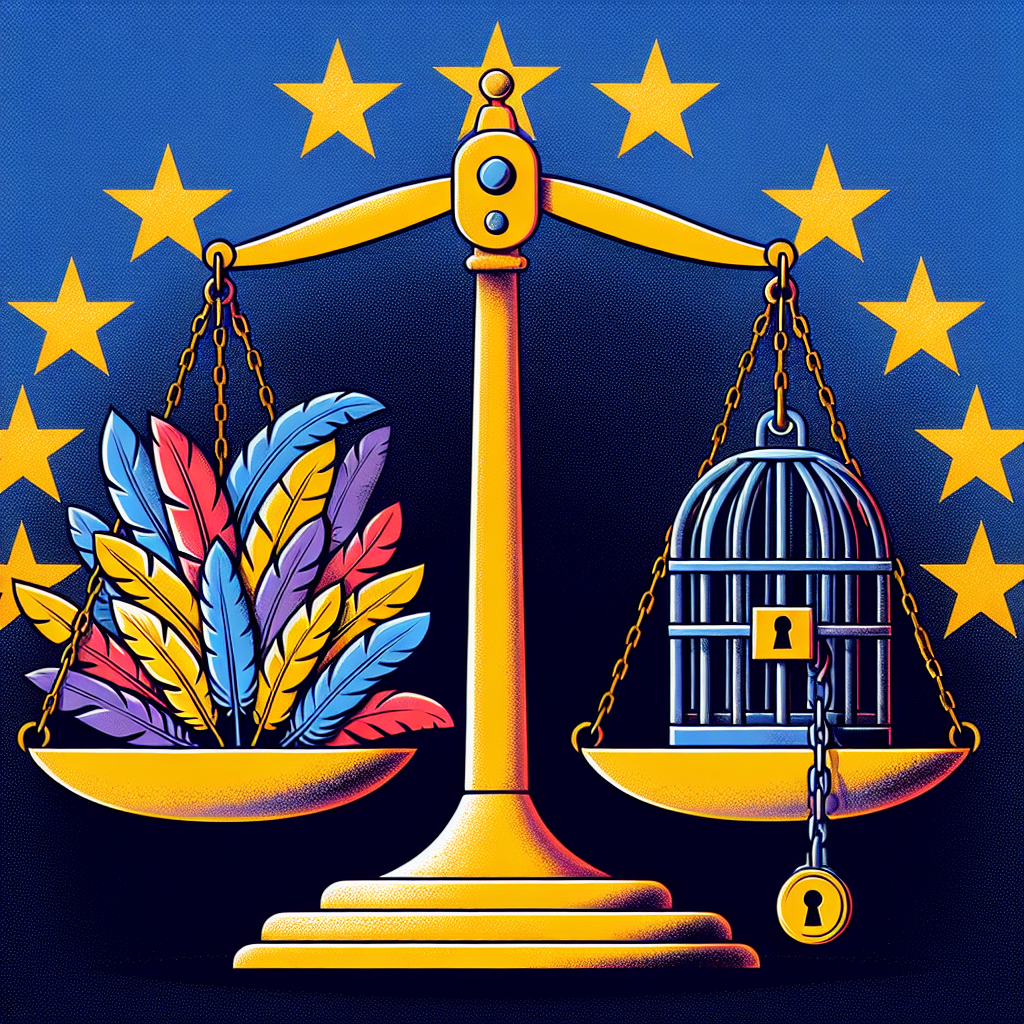Censorship and Free Speech: A Libertarian Perspective
In the realm of political philosophy, few topics spark as heated a debate as censorship and free speech. At the crossroads of liberty and authority lie competing ideologies that shape our understanding of what it means to express oneself without restraint. From the libertarian viewpoint, free speech is an essential pillar of a free society, while censorship represents an affront to individual rights and freedoms. In this article, we will explore the implications of censorship, the importance of free speech, and the libertarian ideals surrounding these concepts.
Understanding Censorship
Censorship refers to the suppression of speech, public communication, or other information deemed objectionable, harmful, sensitive, or inconvenient by government authorities, private organizations, or even societal norms. The motivations behind censorship can range from protecting national security to maintaining public order, but often, such actions raise concerns over abuse of power and infringement on personal liberties.
The Nature of Censorship
Censorship can take many forms, from outright bans on literature and media to subtler methods such as self-censorship, where individuals refrain from expressing their thoughts due to fear of repercussions. Governments may enact laws regulating speech to control the flow of information and limit dissent. Evidence of this can be seen globally, where regimes employ strict measures to silence opposition and stifle political discourse.
The Libertarian Stance on Free Speech
Libertarians hold free speech in high regard, viewing it as an inherent right that must be protected from both governmental interference and societal pressures. The underlying principle is simple: individuals should have the unrestricted freedom to express their opinions, beliefs, and ideas without fear of censorship.
The Principle of Non-Aggression
At the core of libertarian philosophy is the principle of non-aggression. This tenet posits that individuals should not initiate force against others, making free speech a vital expression of non-aggressive interaction. Censoring speech is an act of aggression that denies individuals their autonomy to express their thoughts and ideas freely.
The Marketplace of Ideas
Libertarians advocate for the concept of the "marketplace of ideas," which holds that the best ideas will naturally prevail in open discourse, while bad ideas will be discarded through argument and debate. In this view, censorship disrupts this natural process, leading to a monopoly of thought that stifles innovation and progress.
The Dangers of Censorship
While proponents of censorship often argue it is necessary for protecting society, proponents of free speech caution against its far-reaching consequences.
Slippery Slope
Implementing any form of censorship can set a dangerous precedent. Once allowed, it becomes easier for authorities to expand their control over what can and cannot be said, ultimately leading to broader restrictions. This slippery slope often results in the chilling of free expression and the erosion of civil liberties.
The Threat to Individual Autonomy
Censorship impedes personal autonomy, a cornerstone of libertarian philosophy. Individuals should have sovereignty over their thoughts and expressions, and any infringement upon that freedom is an infringement on their rights. Upholding free speech means recognizing and respecting the individual’s right to choose what they say and believe, regardless of societal or governmental approval.
The Role of Technology
In today’s digital age, the landscape of free speech and censorship is rapidly evolving. The advent of social media platforms has created new channels for expression, but it has also led to increased scrutiny and censorship of speech online.
Social Media and Censorship
Many technology companies have adopted their own terms of service, which can sometimes infringe upon free speech rights. While private platforms are entitled to enforce rules regarding content, the implications of widespread censorship raise concerns about who controls the narrative and which voices are silenced.
The Future of Free Speech
As society grapples with the nuances of free speech and censorship in the digital era, it remains crucial to foster an environment that prioritizes open dialogue. The libertarian perspective advocates for minimal interference in speech, insisting that individuals must retain the freedom to explore diverse ideas and perspectives without fear of censorship.
Conclusion: Upholding Free Speech in a Censored World
From a libertarian perspective, free speech is the bedrock of a free society. While the motivations for censorship may initially seem noble, the dangers it presents to individual rights, autonomous thought, and societal progress cannot be ignored. As we navigate the complexities of modern communication, it is essential to uphold the principles of free speech and remain vigilant against the encroachment of censorship. In doing so, we protect not only our own rights but also the fundamental freedoms necessary for a thriving and dynamic society.
Share this content:












Post Comment